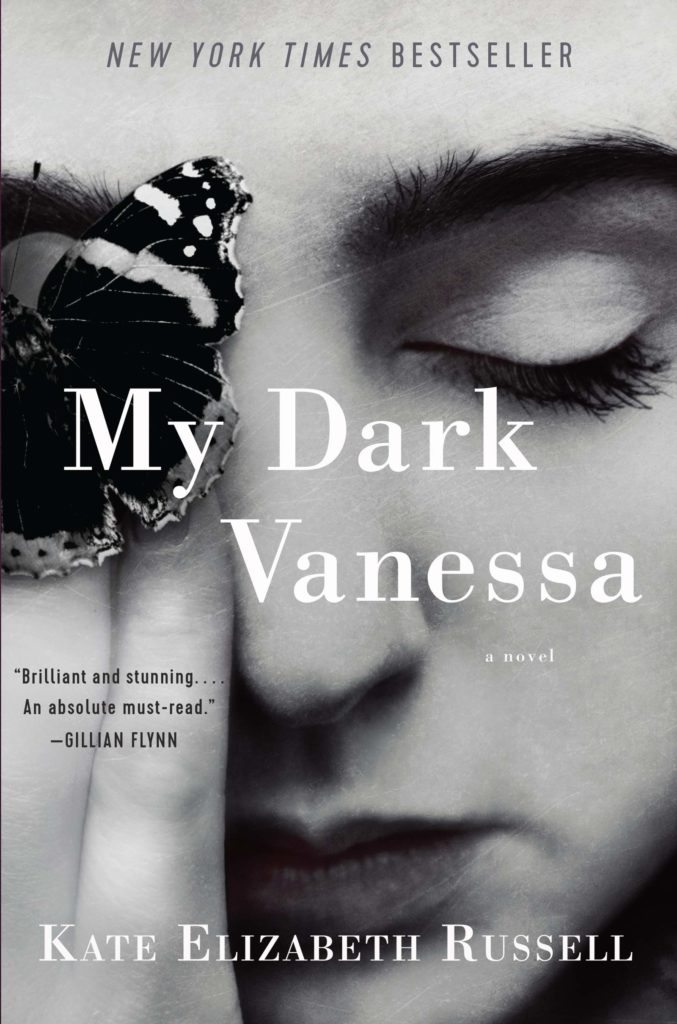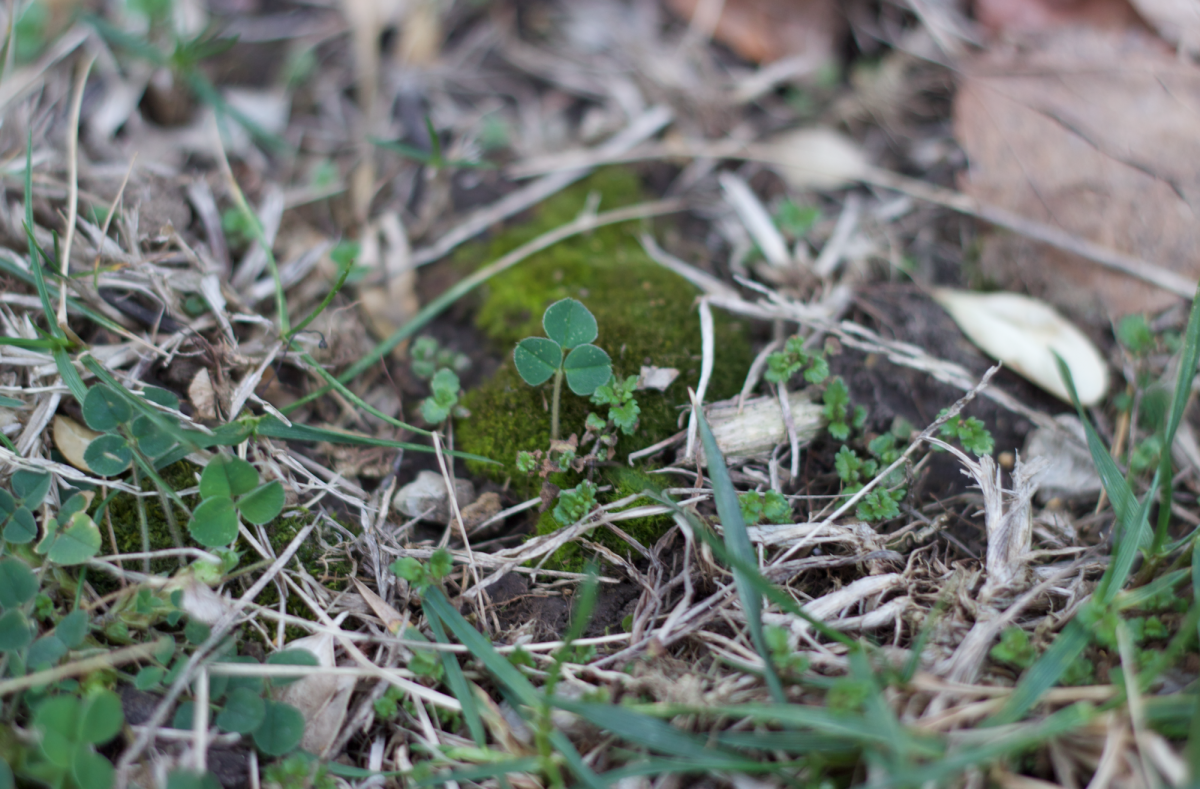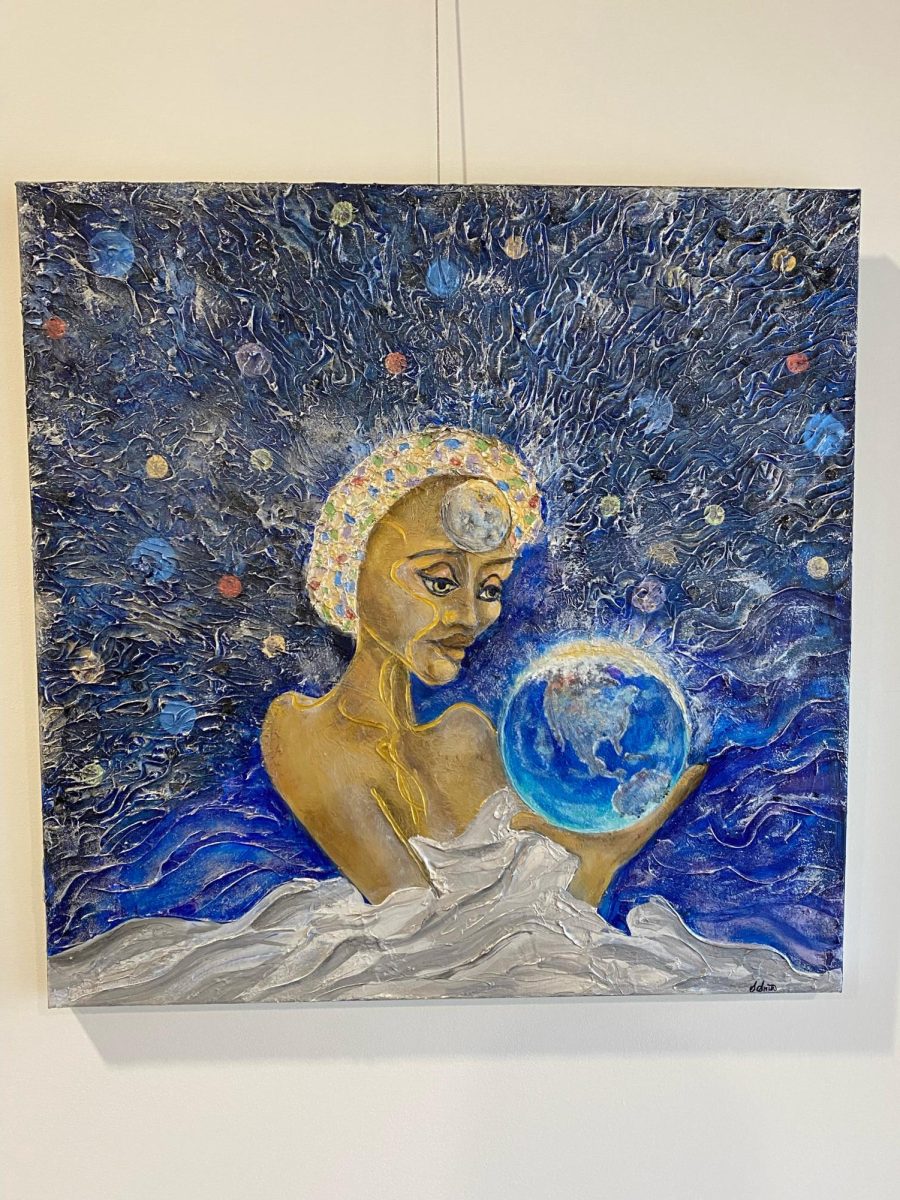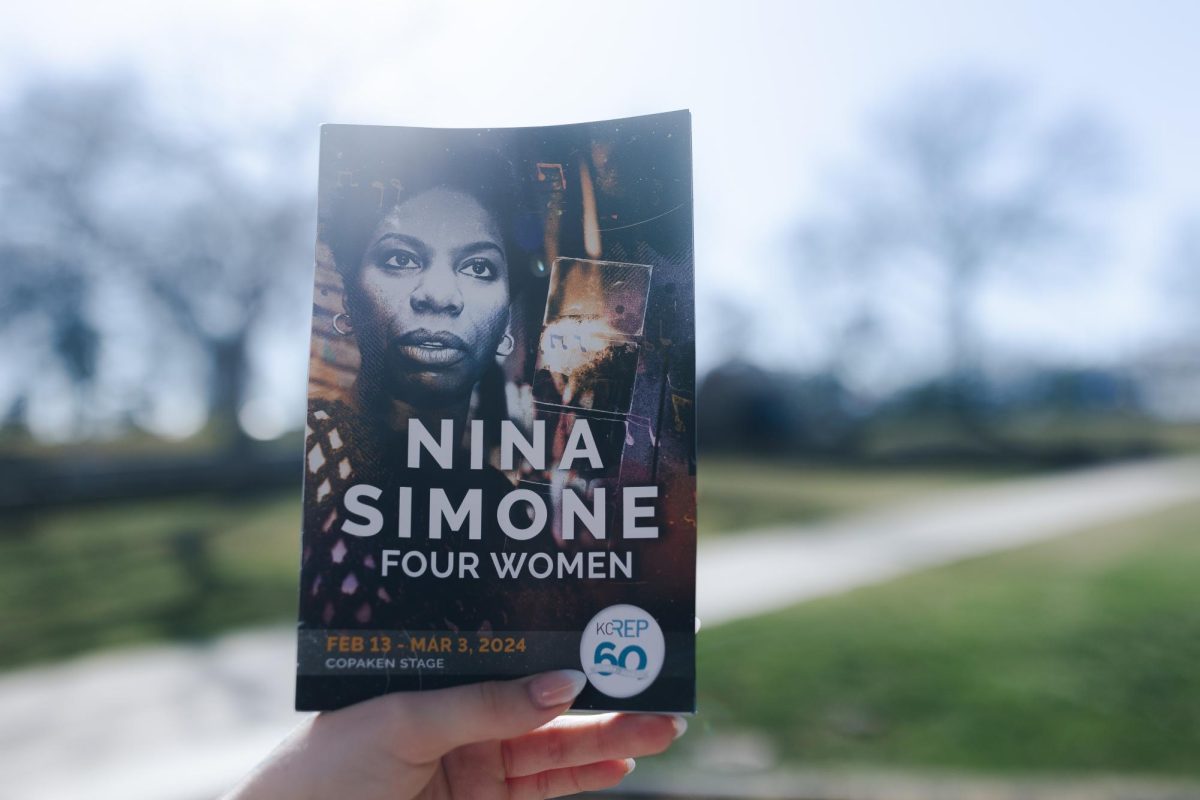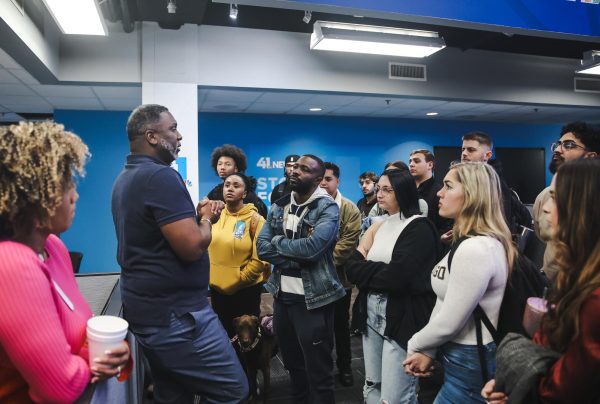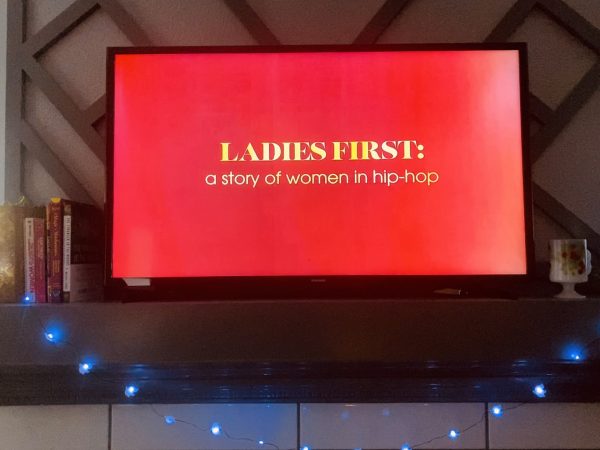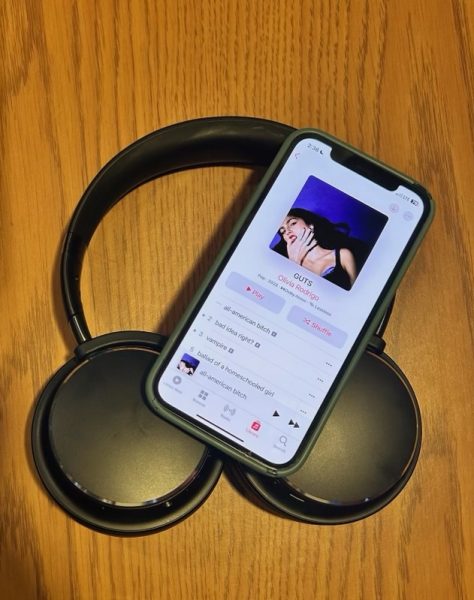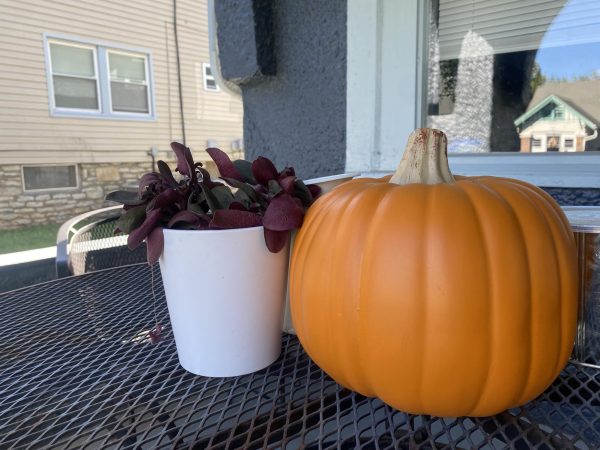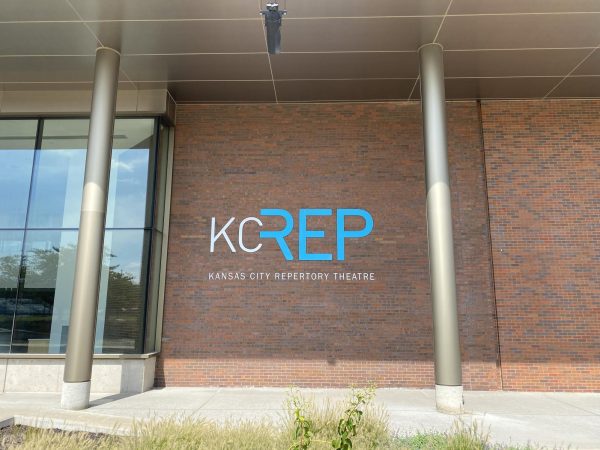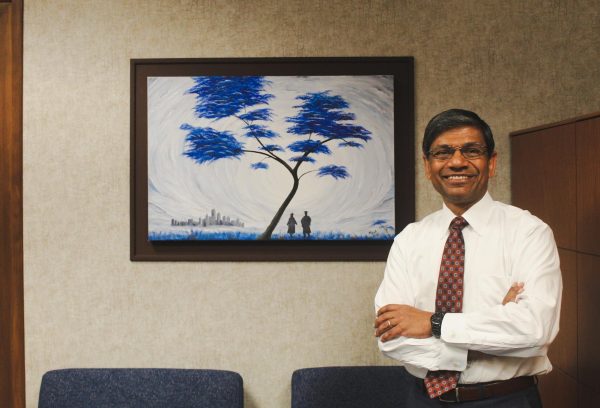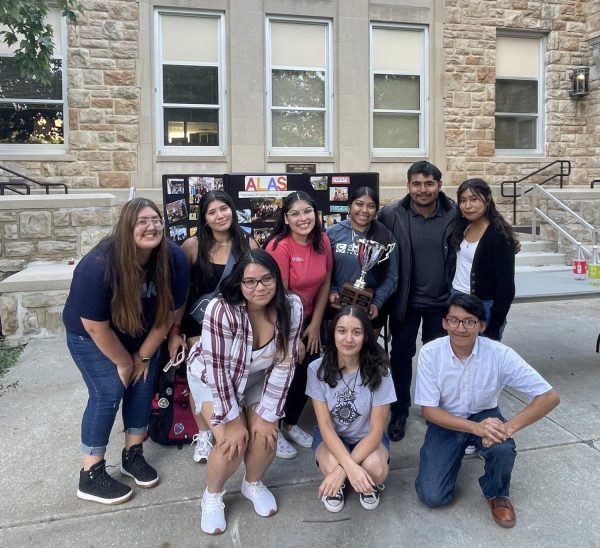Review: “My Dark Vanessa”
February 25, 2022
Released in March 2020 following the explosive #MeToo movement, Kate Elizabeth Russell’s debut novel “My Dark Vanessa” appears to be the story of a naïve teenager’s forbidden first love. However, it is simultaneously a chilling account of abuse.
“My Dark Vanessa” alternates between two parallel timelines. One takes place in the year 2000, following Vanessa Wye, a 15-year-old girl, and the development of an affair she has with her 42-year-old boarding school English teacher Jacob Strane. The other timeline takes place in 2017 as Vanessa hesitantly rehashes her relationship with Strane and the havoc it has wreaked on her life.
In 2000, 15-year-old Vanessa is a wide-eyed, lonely teenager that craves admiration and is pushing boundaries for the first time in her life. She welcomes the unsavory attention from Strane, convinced that he is her first true love. Strane mentally and physically grooms young Vanessa through meticulously placed touches, sinister but delicate comments, and the annotated books, Nabokov’s “Lolita” and “Pale Fire,” that he gives Vanessa.
“He compared my hair to the color of maple leaves, slipped poetry into my hands — Emily, Edna, Sylvia. He made me see myself as he did, a girl with the power to rise with red hair and eat him like air,” Vanessa says in the book.
In the 2017 parallel, women are beginning to come forward and share their stories regarding inappropriate experiences they had with Strane. It is only now that we see 32-year-old Vanessa realize that she wasn’t as special as Strane made her believe.
“He said it himself — with me, it was different. He loved me, he loved me,” Vanessa said.
Older Vanessa is written as an utterly unreliable narrator. She lies to everyone: to her parents, to her therapist and to herself. Many of Vanessa’s own memories of her encounters with Strane in 2000 are blurry and interlaced with contradictions, leaving the reader to turn page after page in the hopes of getting answers and trying to decipher the truth.
“Trying to talk about it only makes you sound like a lunatic, one minute calling it rape and the next clarifying, well, it wasn’t rape rape,” Vanessa says in the novel.
One aspect of the novel that I found extremely brutal as a reader is the gaslighting that Strane imposes on Vanessa. Strane is constantly taking the steps to absolve himself of any wrongdoing before he is ever accused. He does this by regularly coaxing Vanessa to verbally consent and leading her to believe her role in their relationship is just as heinous as his own.
Russell does an incredible job of depicting the internal and psychological struggles Vanessa faces as she tries to understand the ugly truth of her relationship with Strane.
“Because even if I sometimes use the word abuse to describe certain things that were done to me, in someone else’s mouth the word turns ugly and absolute,” Vanessa says in the book. “It swallows up everything that happened. It swallows me and all the times I wanted it, begged for it.”
“My Dark Vanessa” is not a feel-good book. It is hard to get through and at times will have the reader asking themselves if they should even continue. Russell’s writing engulfs the reader into the hard-to-comprehend accounts of abuse and poses several unanswerable questions.
“My Dark Vanessa” is a milestone in recognizing the complexity of abuse and its ongoing effect in the lives of victims. It is an intricately crafted pillar that stands against the over-sexualization of girls and the reality of sexual assault.
If you are a victim of sexual assault and wish to make a report, contact UMKC’s Title IX office or check out KCPD’s resources. If you or someone you know is in immediate danger, please dial 911.


